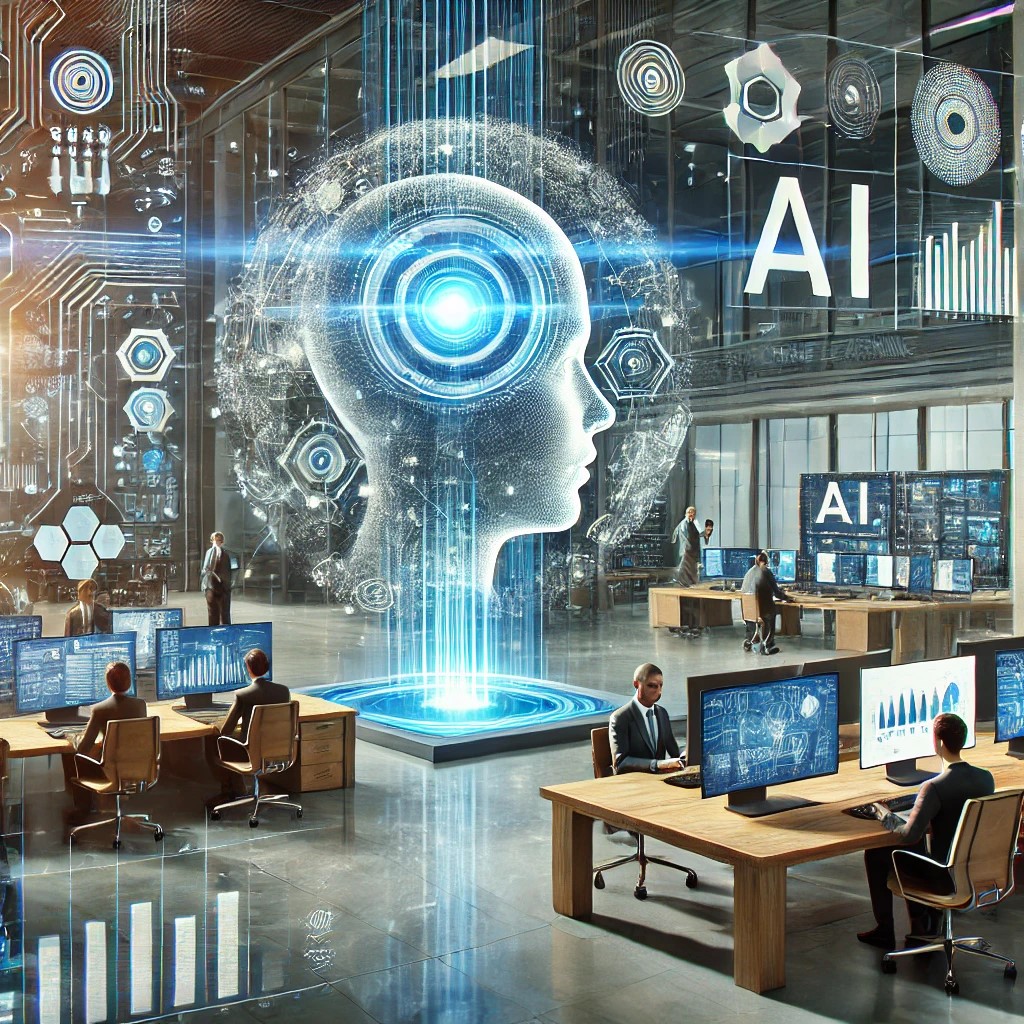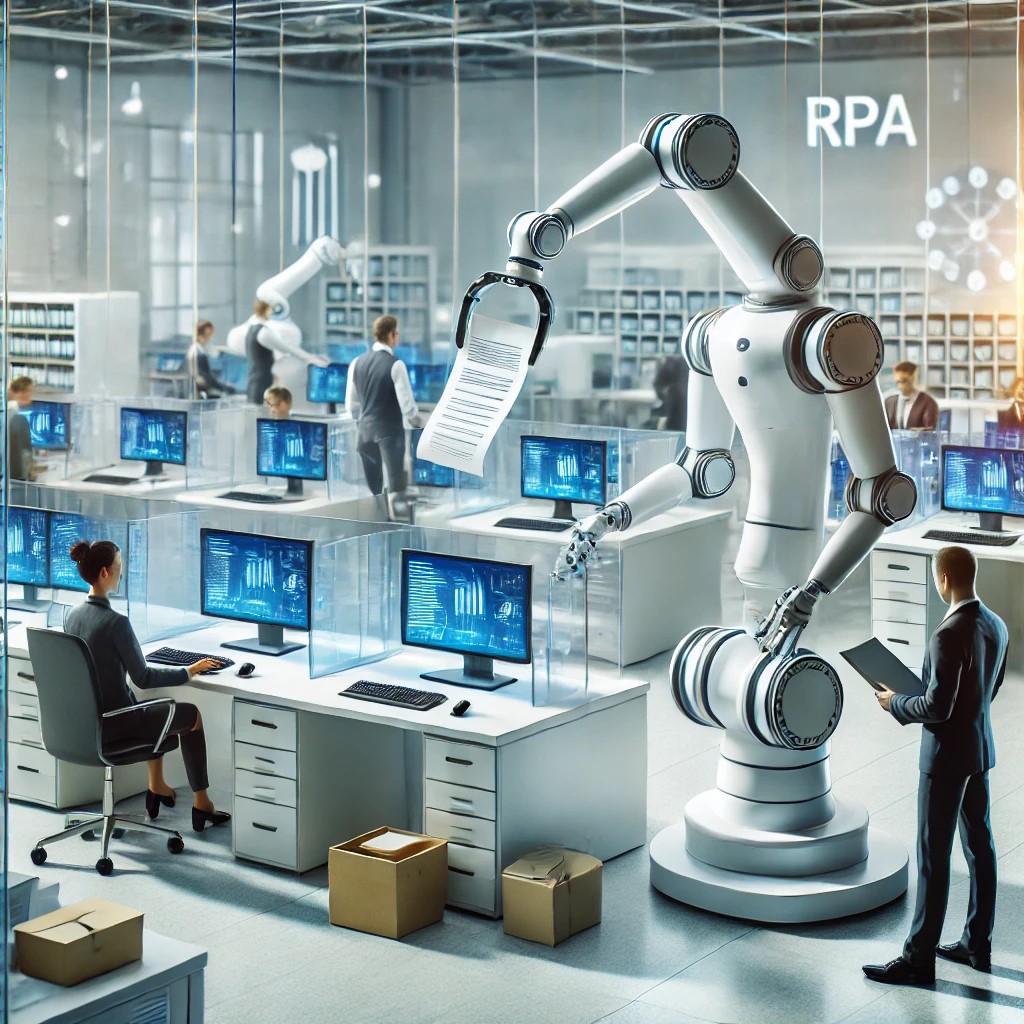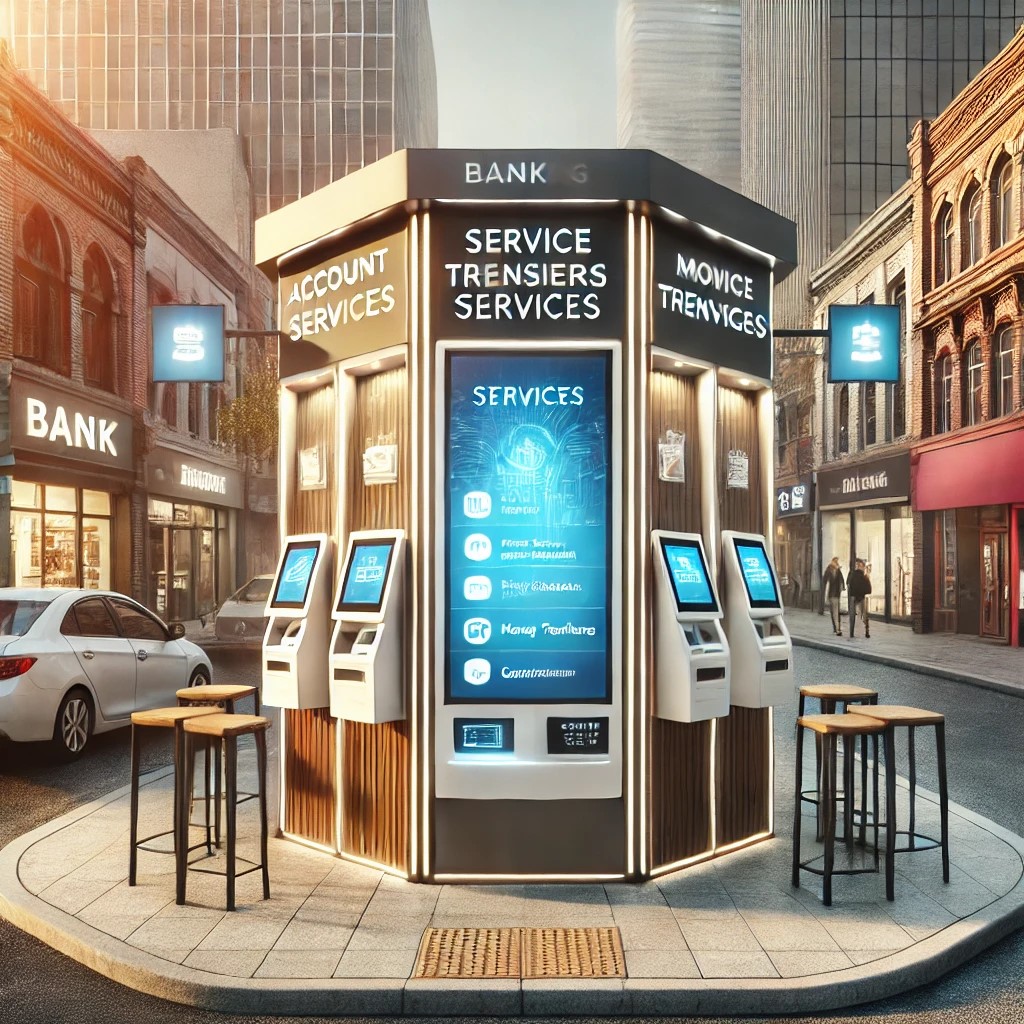The Future of Financial Services in the Era of Automation
Automation is revolutionizing the financial services industry, transforming how financial institutions operate and how consumers manage their finances. From artificial intelligence (AI) to robotic process automation (RPA), these technologies are driving efficiency, reducing costs, and enhancing customer experiences. This article explores current trends and future predictions for financial services in the era of automation, highlighting the transformative impact on the industry.

Current Trends in Financial Services Automation
AI and Machine Learning:
AI and machine learning are at the forefront of automation in financial services. These technologies enable institutions to analyze vast amounts of data, detect patterns, and make predictions. For example, AI-powered algorithms can assess creditworthiness, detect fraudulent activities, and personalize financial advice. Machine learning models continuously improve by learning from new data, enhancing their accuracy and effectiveness over time.
Robotic Process Automation (RPA):
RPA is being widely adopted to automate repetitive and rule-based tasks, such as data entry, transaction processing, and compliance reporting. By using software robots to handle these tasks, financial institutions can reduce human error, increase efficiency, and free up employees to focus on more complex and value-added activities. RPA is particularly beneficial in back-office operations, where it streamlines processes and reduces operational costs.

Blockchain Technology:
Blockchain is revolutionizing the way financial transactions are conducted and recorded. This distributed ledger technology provides transparency, security, and immutability, making it ideal for various applications, including cross-border payments, smart contracts, and trade finance. By automating and streamlining processes, blockchain reduces the need for intermediaries, lowers transaction costs, and enhances trust among parties.
Future Predictions for Financial Services Automation
Increased AI Integration:
The integration of AI into financial services will continue to expand. Future advancements in AI will enable more sophisticated predictive analytics, real-time risk assessment, and automated decision-making. AI-driven insights will empower financial institutions to offer highly personalized products and services, tailored to individual customer needs and preferences.
Greater Adoption of Blockchain:
Blockchain technology will see wider adoption across the financial services industry. Its potential to streamline processes, enhance security, and reduce costs will drive its integration into various financial applications. Central banks and financial institutions may explore the development of digital currencies and blockchain-based payment systems, revolutionizing the way transactions are conducted globally.

Human-Machine Collaboration:
The future of financial services will involve greater collaboration between humans and machines. While automation will handle routine tasks, human expertise will remain essential for strategic decision-making, relationship management, and creative problem-solving. Financial institutions will focus on reskilling and upskilling their workforce to thrive in an automated environment.
Conclusion
The era of automation is transforming the financial services industry, driving efficiency, reducing costs, and enhancing customer experiences. Current trends such as AI, RPA, chatbots, and blockchain are already making a significant impact. Looking ahead, increased AI integration, enhanced customer experiences, greater blockchain adoption, automated compliance, and human-machine collaboration will shape the future of financial services. By embracing automation, financial institutions can stay competitive, innovate, and better serve their customers in a rapidly evolving landscape.






